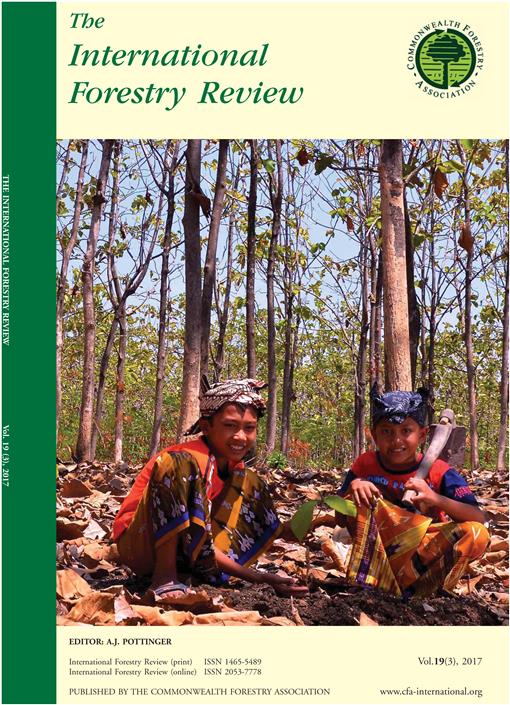
No abstract available
No abstract available
